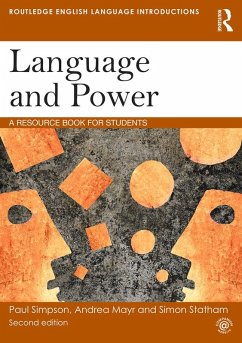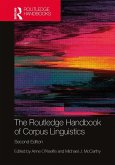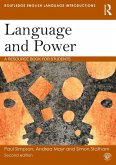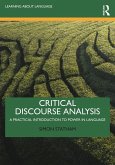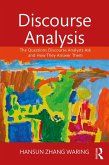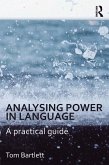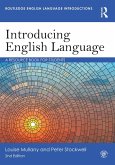Dieser Download kann aus rechtlichen Gründen nur mit Rechnungsadresse in A, B, BG, CY, CZ, D, DK, EW, E, FIN, F, GR, HR, H, IRL, I, LT, L, LR, M, NL, PL, P, R, S, SLO, SK ausgeliefert werden.
Michael Farrelly, University of Hull, UK
"The addition of new chapters on the language of social media and the discourse of post-truth, as well as the revamping of many of the example texts, all packaged in the innovative four strand 2D structure, make this an outstanding textbook for students of language and discourse studies... a much-needed toolkit for critically analysing many of the important national and international issues of the day."
Paul McIlvenny, Aalborg University, Denmark

